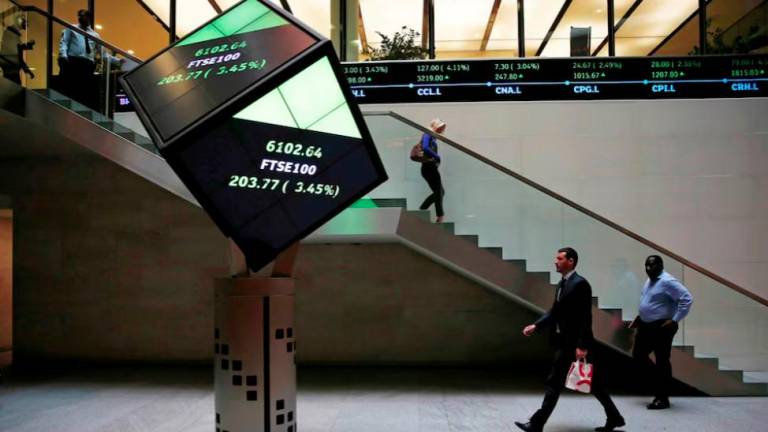KUALA LUMPUR: With investors from China showing strong interest in properties in Southeast Asia, Chinese investments in Malaysia’s residential real estate are expected to double by 2025.
According to Juwai.com chairman Georg Chmiel, about US$4 trillion (RM16.4 trillion) worth of properties were advertised on the site while some RM9.5 billion worth of properties across key locations in Malaysia were transacted through the online platform last year.
“Historically, the most popular markets for Chinese buyers have been the US, Australia and the UK. Due to political reasons, Brexit, trade war, legislation in Australia which puts a higher stamp duty on foreign buyers, there have been some shifts and new markets have emerged, such as Malaysia, Thailand and Vietnam, or in general, Southeast Asia,” he told SunBiz.
Chmiel said Juwai.com, which is a platform that markets properties worldwide to Chinese investors with about three million listings in a month, has seen a strong increase in Chinese appetite for properties in Malaysia, Thailand and Vietnam.
“We’ve also seen that there was a connection between big trends like the Belt and Road Initiative, investments into Malaysia and investments into real estate,” he said.
Based on data from Juwai.com, demand from Chinese buyers for Malaysian real estate has been growing consistently, soaring 600% since 2017, indicating growing demand for quality projects.
As for incoming enquiries on Juwai.com, 80% are within the RM1 million to RM2 million price range, 10% within RM2 million to RM4 million and 8% for properties priced above RM4 million.
“One of the big themes in Malaysia is affordable housing, which is for local buyers, but I think it is very important for the developers that there is always a fair mix of different categories for them to also make money, to earn money, to also sell higher-end type of properties,” Chmiel said.
He said most of the properties acquired by Chinese investors are located in Kuala Lumpur, Penang, Johor, Malacca and Sabah, with the majority being residential properties and one-fifth comprising industrial, commercial and retail properties.
Realising this growing demand, Malaysian digital real estate marketplace MHub has teamed up with Juwai.com to attract and assist more Chinese investors in their property purchases here.
MHub co-founder and CEO Quek Wee Siong said there are several Malaysian property developers on its platform who are building projects around areas that Chinese investors are interested in, namely Kuala Lumpur, Penang, Johor and Malacca.
“Currently it makes up close to 20% of our entire stock inventory and we intend to grow this with Juwai.com. That’s why we inked this agreement. The idea of this partnership is to help property developers here to streamline the process, to get better leads and better conversion,” he said.
Under the partnership, MHub will provide the inventory of properties while Juwai.com will provide services in China including lead qualifying and identifying the type or properties that Chinese investors want, before passing on the leads to agents in Malaysia and MHub will provide a suite of services to complete the acquisition process.
“In the database, we have about 10% transactions from overseas buyers. With this of course our goal is basically to help property developers in Malaysia, those with high price tag targeting foreign buyers, to increase the conversion rate. At the moment, they are marketing it themselves but if they have the right partners like Juwai.com, I’m sure we can easily double these enquiries and transactions within the platform,” said Quek.
Chmiel said the US-China trade war has, in some ways, diverted Chinese investors to Southeast Asian properties and he believes that the shift is sustainable as investors are now forging strong connections here.
“I think the trade war will shift the dynamics on a global scale more permanently. Growth will obviously resolve but so far Thailand, Vietnam and Malaysia are benefiting to a certain extent from the trade war, for the automotive supply industry as well as supplies for technology and telecommunications which are being produced here,” he said.
Chmiel said the trade war has resulted in many companies looking for partners elsewhere and are unlikely to return to the US once strong relationships are formed and substantial investments made.













